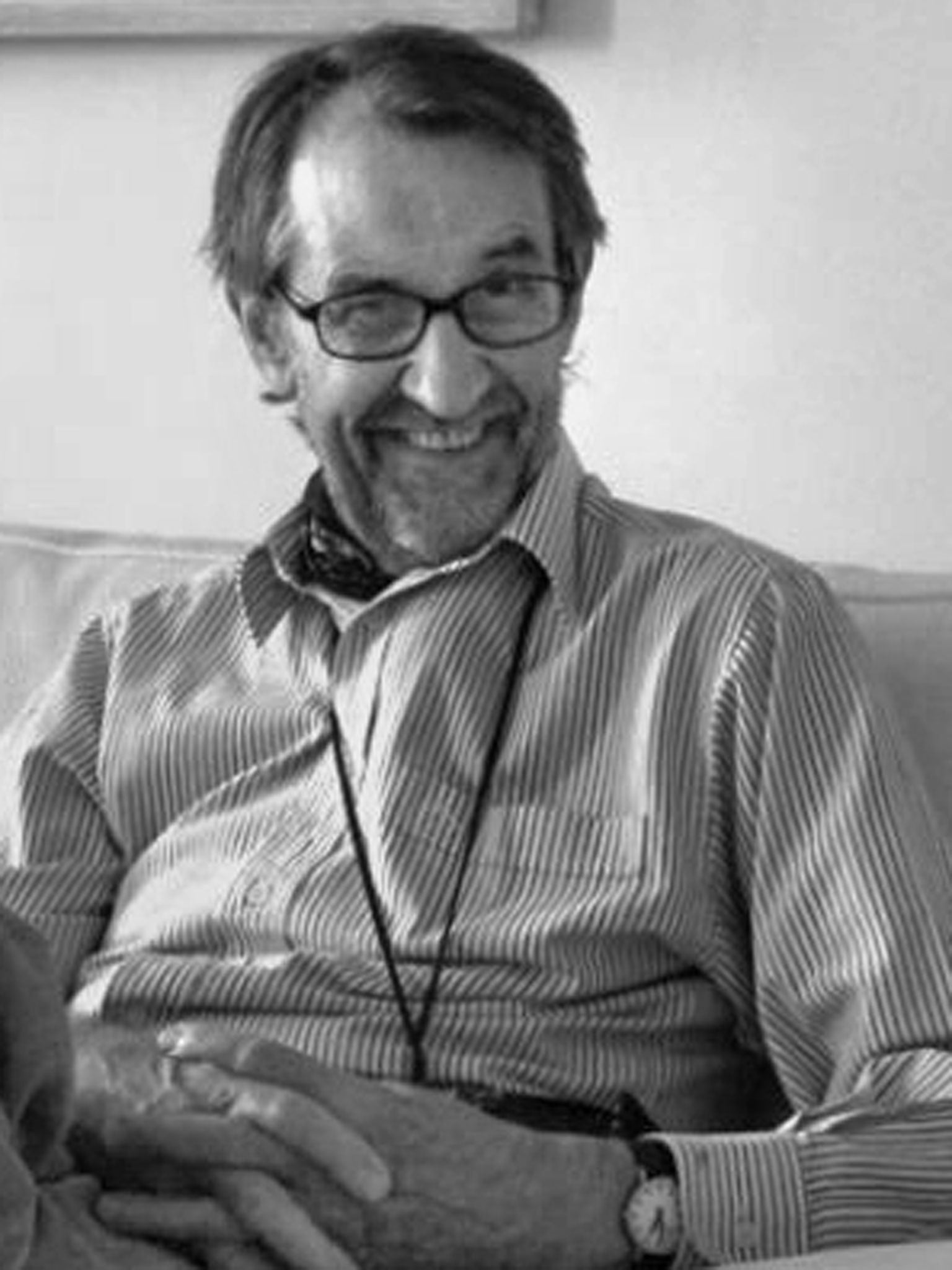Anthony Vivis: Translator who brought the fruits of postwar German literature, especially that from the East, to Britain

Anthony Vivis was a leading contributor to the introduction of postwar German dramatic literature to Britain. He was, in particular, a champion of East German writers – indeed he alone is largely responsible for our knowledge of them in this country.
He went to Clare College, Cambridge to read Modern and Medieval languages, specialising in French and German then . took a postgraduate course in theatre at Bristol University. His attraction to continental drama was reflected in his first job, as a dramaturgical advisor to the theatre publisher and agent, Felix Bloch Erben, in Berlin. He stayed there for a year before joining the RSC in London in 1967, first as an assistant dramaturg, then as dramaturg. He stayed for four years, reading, reporting on and translating contemporary French and German plays, as well as travelling to see productions in the UK and abroad. He then worked as a freelance translator for six years. He worked for the BBC between 1977 and 1983, mainly for Radio 3, whose drama content he was responsible for. He transformed his office into a bookish haven, where Radio 3 played quietly and constantly in the background, and it was a great place of refuge from the gentlemanly office politics of the Beeb – politics which he never engaged in.
After the BBC, he returned to his freelance career, his work produced. among others, by the National Theatre, the RSC, the Royal Court and the Bush and Soho Poly theatres. It was also shown in the cinema and on TV and radio. He worked as a reviewer for many publications, including The Independent. His work reaped him a good crop of awards, including the Italia Prize. Highlights of his output were his Fassbinder translations, Botho Strauß's The Tourist Guide (co-translated with his then-wife, Tinch Minter), Kroetz's Through the Leaves, and his delicate translations with Wendy Mulford of the poetry of Sarah Kirsch.
Living in Norfolk, Vivis formed a friendship with the German writer WG Sebald, whose death in 2001, touched him deeply. Latterly he taught at UEA and the Open University. "In the course of my work as a professional translator, mainly from German, I have developed two guiding principles. The first is a refusal to accept the view that poetry is what gets lost in translation. The second is the conviction that literary translation is a recreation of the original work, not a reproduction or a reinterpretation of it." He died after enduring muscular sclerosis for a decade.
Anthony Vivis, translator: born Sleaford, Lincolnshire 24 April 1943; married Tinch Minter (marriage dissolved); died 6 October 2013.
Join our commenting forum
Join thought-provoking conversations, follow other Independent readers and see their replies
Comments
Bookmark popover
Removed from bookmarks